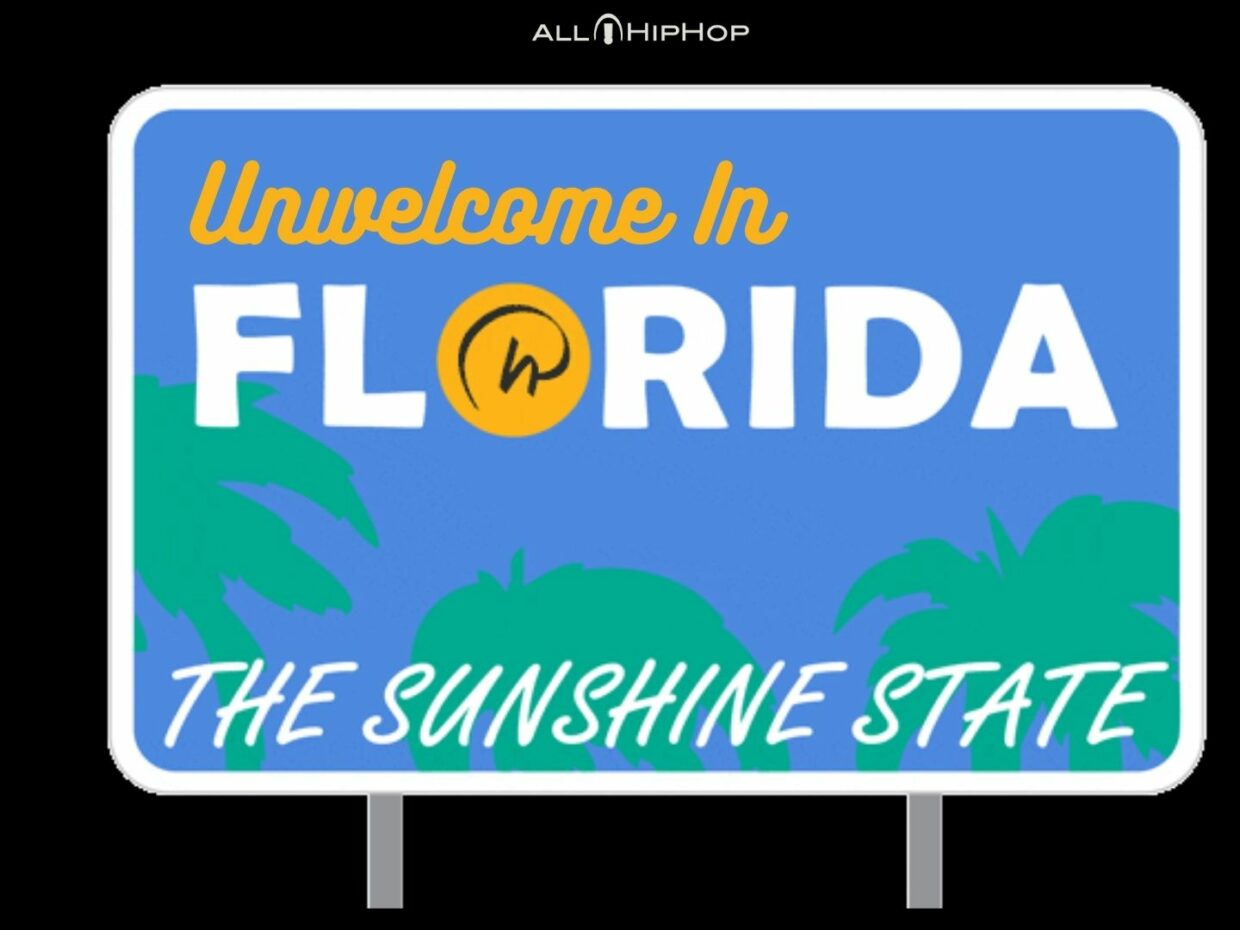Florida’s public schools are making changes to their African American history curriculum, and it’s causing quite a stir. The new standards will teach students that some Black people actually benefited from slavery because they acquired useful skills during that time. The State Board of Education approved these standards, but they have been criticized by the Florida Education Association, a teachers’ union, as a step backward.
The controversy centers around language that suggests slaves developed skills that they could use to their advantage. Additionally, there’s concern about teaching students about acts of violence involving Black people during race massacres. The union believes these standards don’t give students a full and honest picture of history and are doing a disservice to Florida’s students.
The updates to the African American history curriculum were mandated by a 2022 law called the “Stop Wrongs To Our Kids and Employees Act” or “Stop WOKE Act,” championed by Governor Ron DeSantis. “We’re here today because we believe in education, not indoctrination,” DeSantis said last year. He emphasized that Floridians should have the right to work and attend school without being subjected to “oppressive ideologies.” DeSantis also reaffirmed his strong stance against critical race theory, stating, “We are not going to use your tax dollars to teach your kids to hate this country or hate each other.”
“The new standards were defended in the statement as “comprehensive and rigorous instruction on African American History. “We proudly stand behind these African American History Standards,” a statement said. “The intent of this particular benchmark clarification is to show that some slaves developed highly specialized trades from which they benefitted. This is factual and well documented.”
The statement continued, “Some examples include: blacksmiths like Ned Cobb, Henry Blair, Lewis Latimer and John Henry; shoemakers like James Forten, Paul Cuffe and Betty Washington Lewis; fishing and shipping industry workers like Jupiter Hammon, John Chavis, William Whipper and Crispus Attucks; tailors like Elizabeth Keckley, James Thomas and Marietta Carter; and teachers like Betsey Stockton and Booker T. Washington.”
Not everyone agrees with the changes, and some critics have questioned the research done by the workgroup responsible for the standards. Governor DeSantis’ administration also blocked an Advanced Placement course on African American studies, citing concerns about historical accuracy and ideological bias.
The debate continues, with educators, advocates, and officials arguing over how to teach African American history in a way that provides a balanced and accurate understanding of the past.
The question is how does the state do this and simultaneously oppress the brutal, oppressive truths about the nation?
